|
|
I am a first year Ph.D. student at Northeastern University, advised by Prof. Xiang Zhi Tan. I hold an M.S. in CS from Northeastern University and B.S. in Resource Economics from the University of Massachusetts Amherst. My research focuses on developing personalized technologies to support older adults, their care partners, and the collaboration between them. In particular, I conduct user studies to understand how technology can fit naturally into the dynamics of everyday relationships, design context-aware AI systems that support coordination and collaboration, and study how these systems are adopted and adapted in daily life over time. Email / CV / Google Scholar / Github / LinkedIn |
- 10/2025 - Traveling to Bergen, Norway for CSCW 2025. Let's catch up!
- 7/2025 - Traveling to Funchal, Madeira for DIS 2025. Let's catch up!
- 5/2025 - Our paper is accepted by DIS 2025.
- 4/2025 - Traveling to Yokohama, Japan for CHI 2025. Let's catch up!
- 2/2025 - Our paper is accepted by CSCW 2025. See you in Bergen, Norway!
- 2/2025 - Our paper is accepted by DiGRA 2025. I will be presenting our paper remotely.

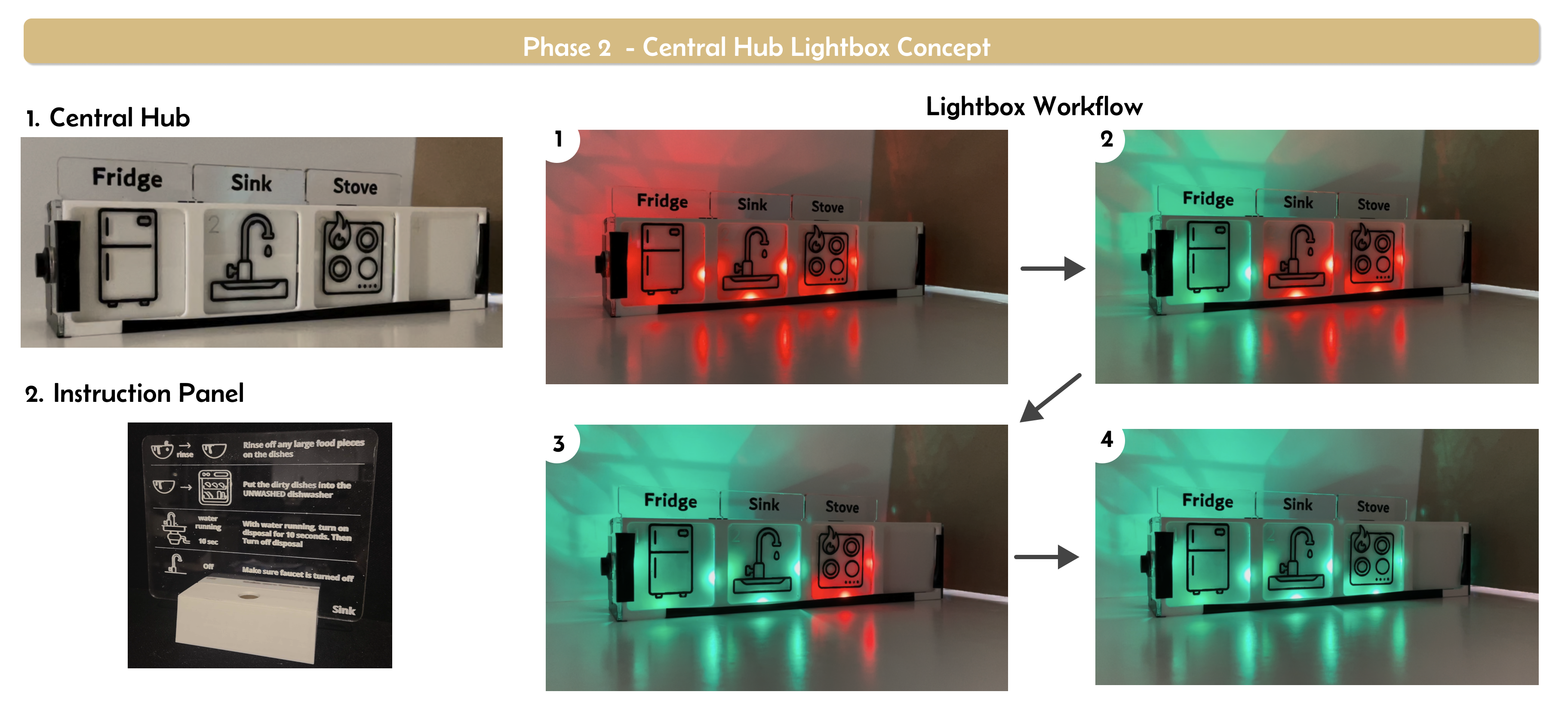
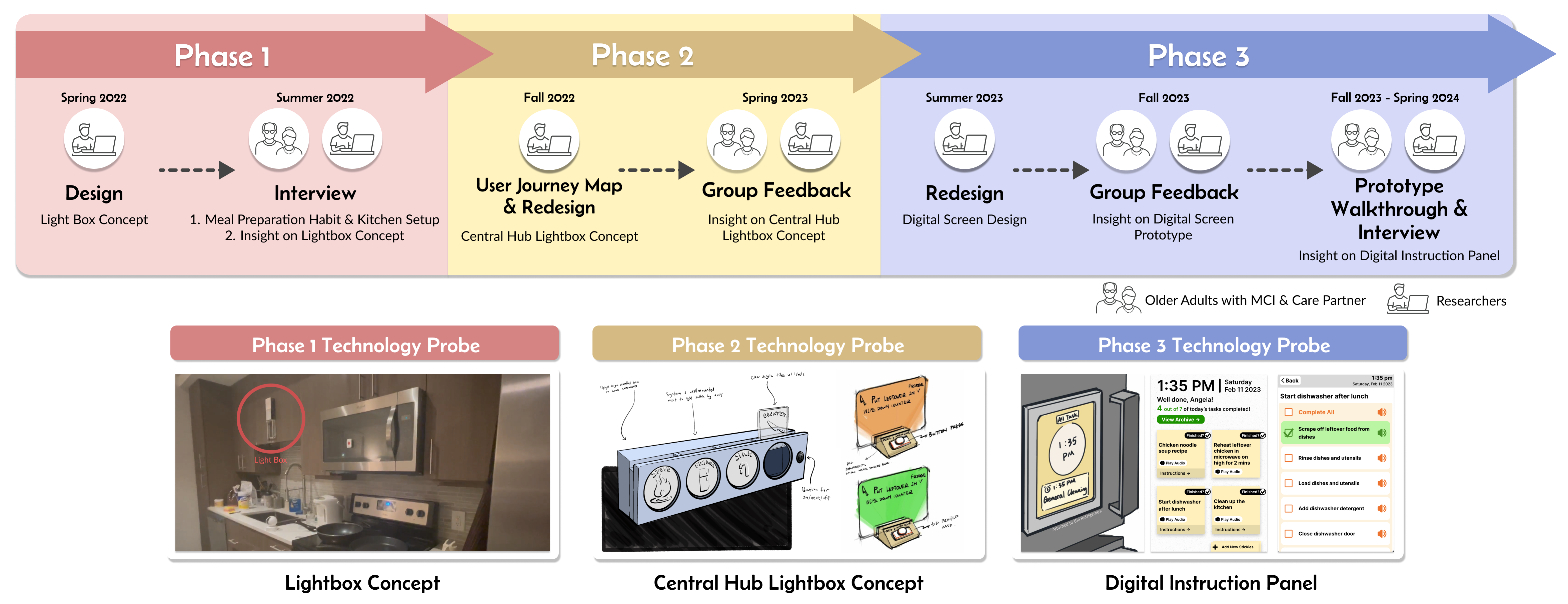
|
Insights from Designing Context-Aware Meal Preparation Assistance for Older
Adults with Mild Cognitive Impairment (MCI) and Their Care Partners
Szeyi Chan*, Jiachen Li*, Siman Ao, Yufei Wang, Ibrahim Bilau, Brian Jones, Eunhwa Yang, Elizabeth D Mynatt, Xiang Zhi Tan DIS, 2025 pdf / bib Explored the design of context-aware assistive technologies for meal preparation using a user-centered iterative design process. Through three iterative phases of design and feedback, evolving from low-tech lightbox to a digital screen, we gained insights into managing diverse contexts and personalizing assistance through collaboration with older adults with MCI and their care partners. |
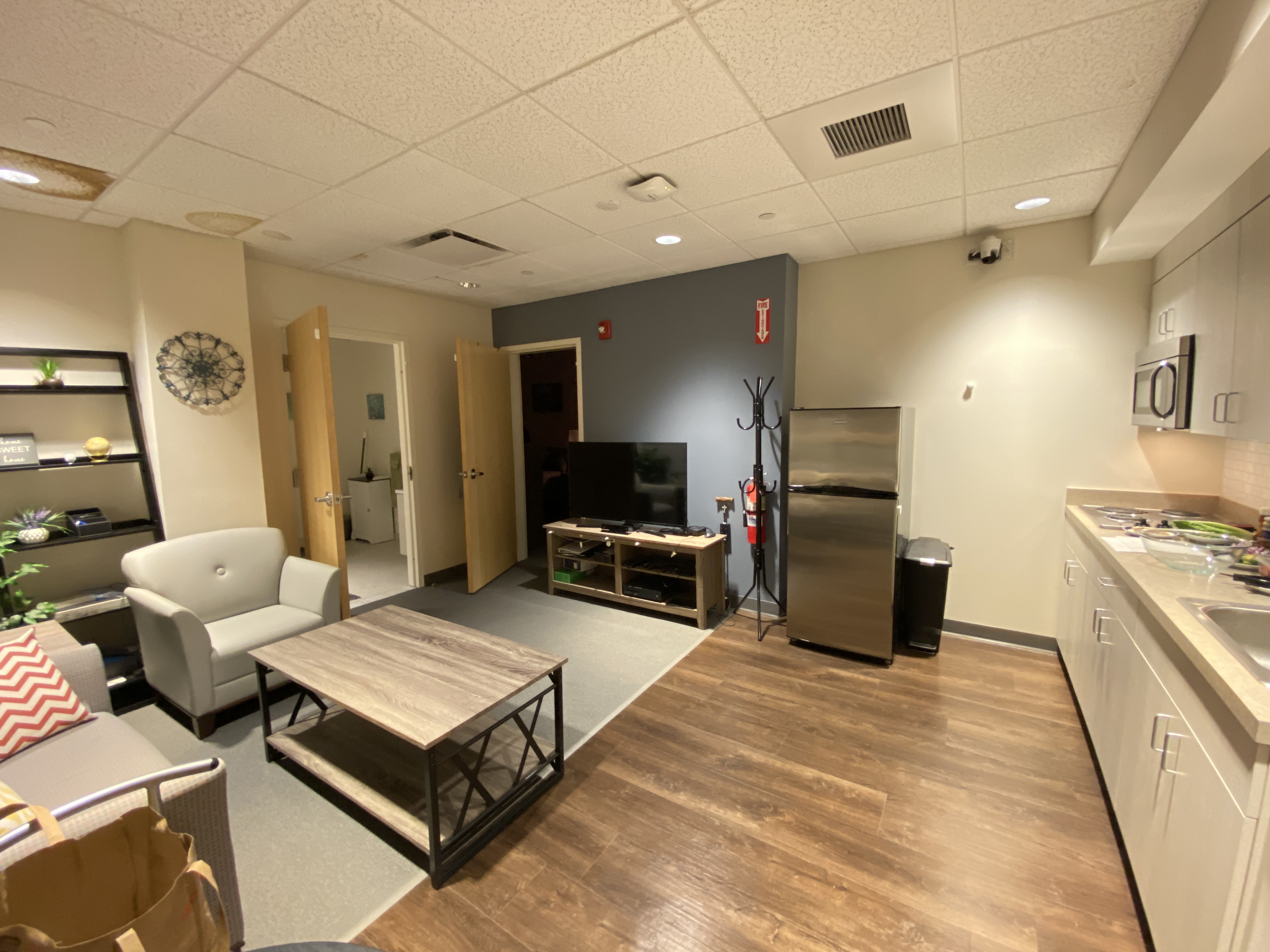
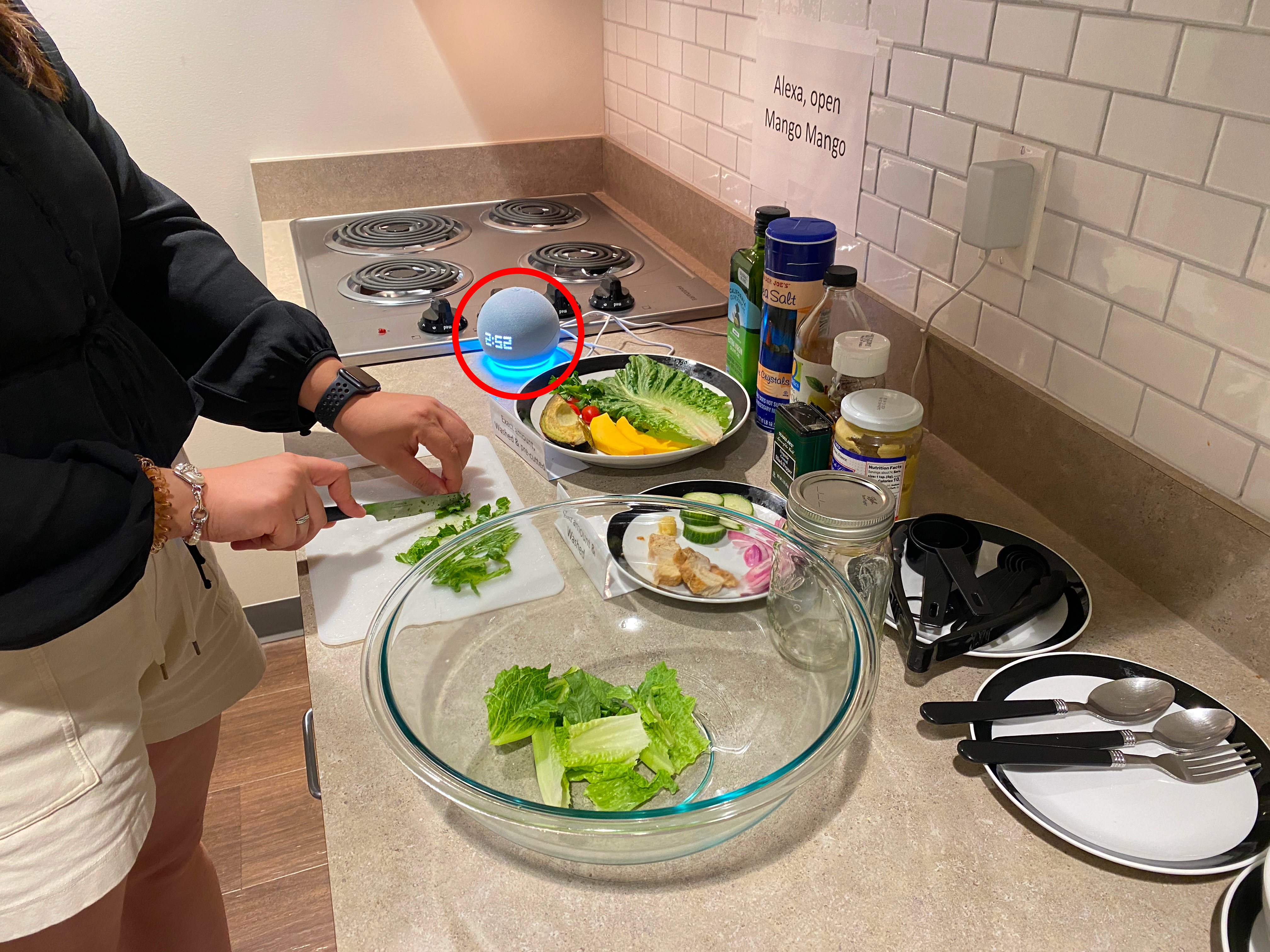
|
"Mango Mango, How to Let The Lettuce Dry Without A Spinner?'': Exploring
User Perceptions of Using An LLM-Based
Conversational Assistant Toward Cooking Partner
Szeyi Chan*, Jiachen Li*, Bingsheng Yao, Amama Mahmood, Chien-Ming Huang, Holly Jimison, Elizabeth D Mynatt, Dakuo Wang CSCW, 2025 pdf / bib Explored users' successful and unsatisfactory experiences with assistance from an LLM-based conversational agent, Mango Mango, during cooking. |
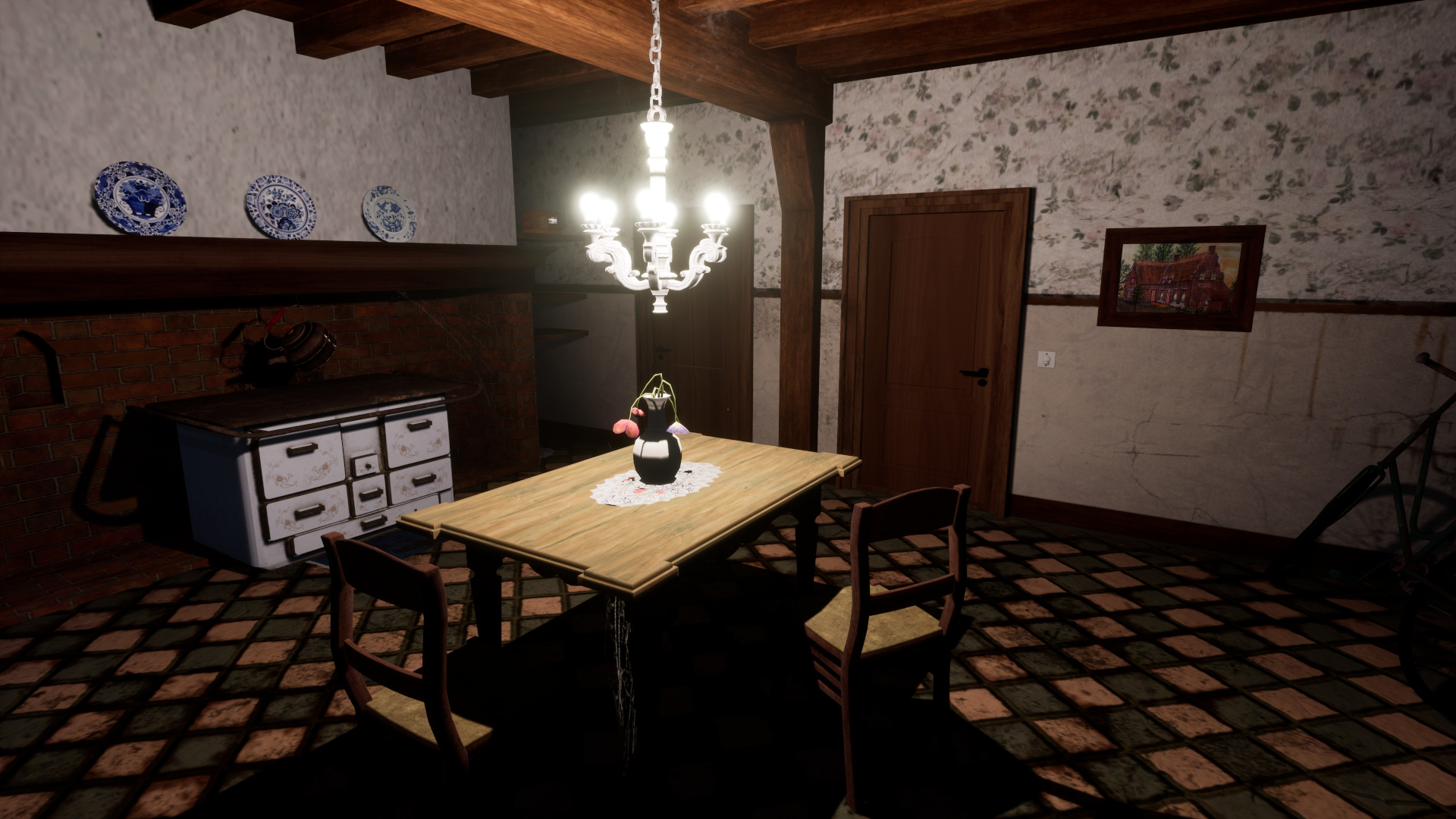

|
Assessing Empathy Across Game Fidelity Levels: A Case Study of 3D and
Text-Based Versions
of Brukel
Szeyi Chan, James Earl Cox, Ala Ebrahimi, Bob De Schutter DiGRA, 2025 pdf / bib Explored the impact of game fidelity on player empathy using the commercial reminiscing game Brukel, comparing a high-fidelity 3D version with a low-fidelity text-based version. |
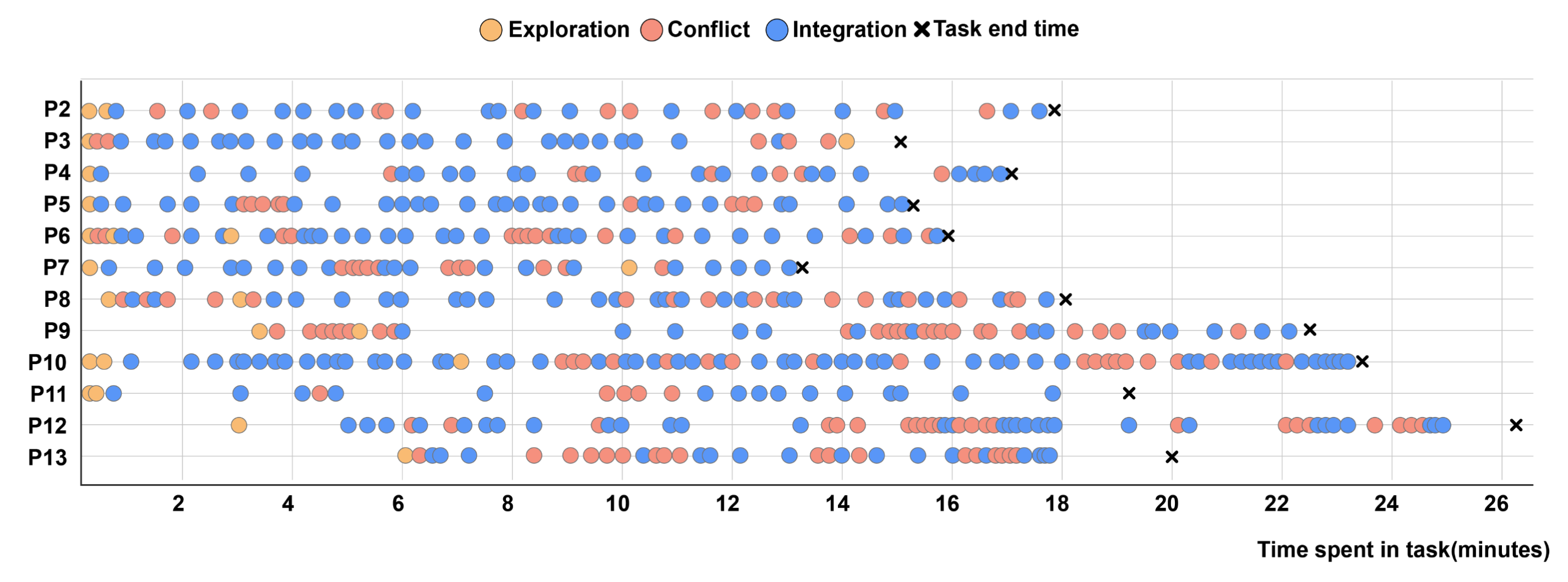
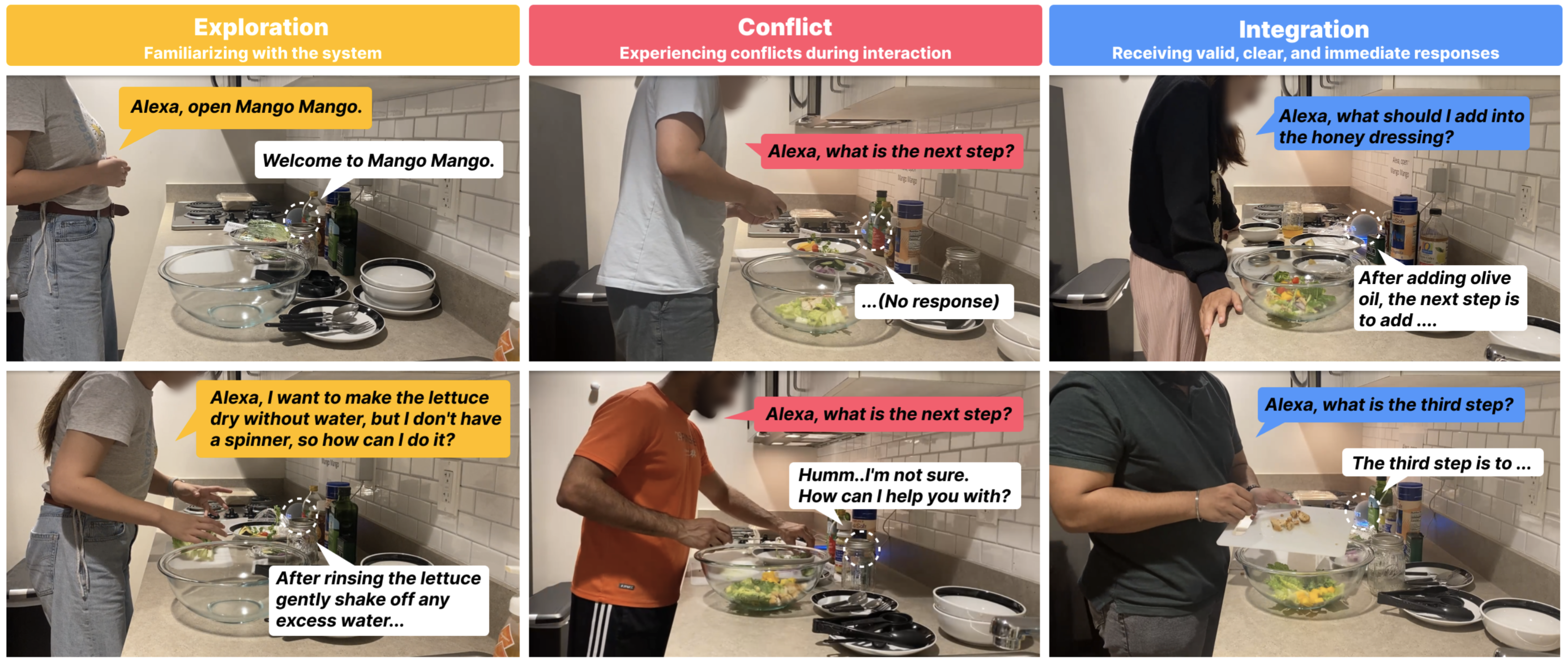
|
Human and LLM-Based Voice Assistant Interaction: An Analytical Framework
for User Verbal and Nonverbal Behaviors
Szeyi Chan, Shihan Fu, Jiachen Li, Bingsheng Yao, Smit Desai, Mirjana Prpa, Dakuo Wang Under Submission, 2024 arxiv / bib Explored user interactions with LLM-based voice assistants during a complex task -- cooking. We identified key verbal & nonverbal behaviors, and developed an analytical framework in three dimensions: 1. Key behavior characteristics (verbal & nonverbal), 2. Interaction stages (exploration, conflict, integration), 3. Stage transitions during the task. |
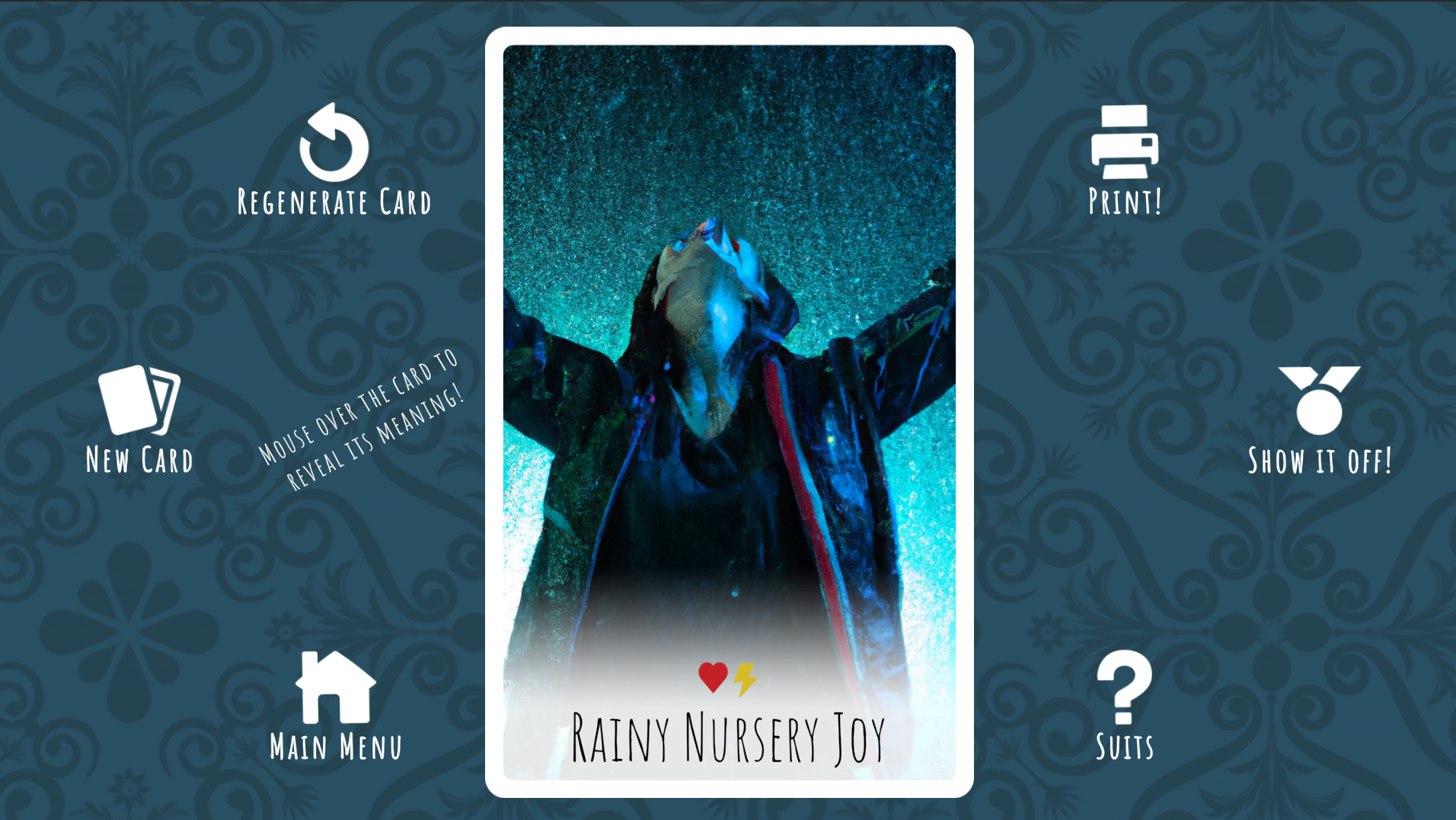 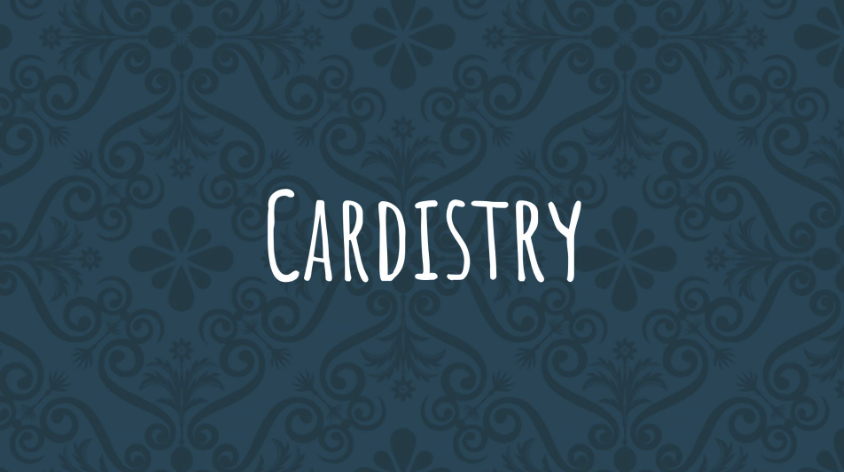
|
Cardistry: The Application of Artificial Intelligence to Create
Personalized Playing Cards
Brandon Lyman, Ala Ebrahimi, James Earl Cox, Szeyi Chan, Christopher Barney, Bob De Schutter FDG, 2024 pdf / bib Introduced an application that enables users to create their own playing cards for use in evocative storytelling games that generate unique card titles, cards suits, imagery, and poetry based on the user’s input to preserve their digital cards in an online repository and print them for tabletop game play use. |
 
|
Brukel vs Brukel : Impact of Game Fidelity on Player Experience In
Gaminiscing Games
Szeyi Chan, James Earl Cox, Ala Ebrahimi, Brandon Lyman, Bob De Schutter IEEE Conference on Games, 2023 pdf / bib Explored whether a game design with higher fidelity and a specific type of scene would correlate with a better player experience compare to low-fidelity game using a commercial gaminiscing game, Brukel. |
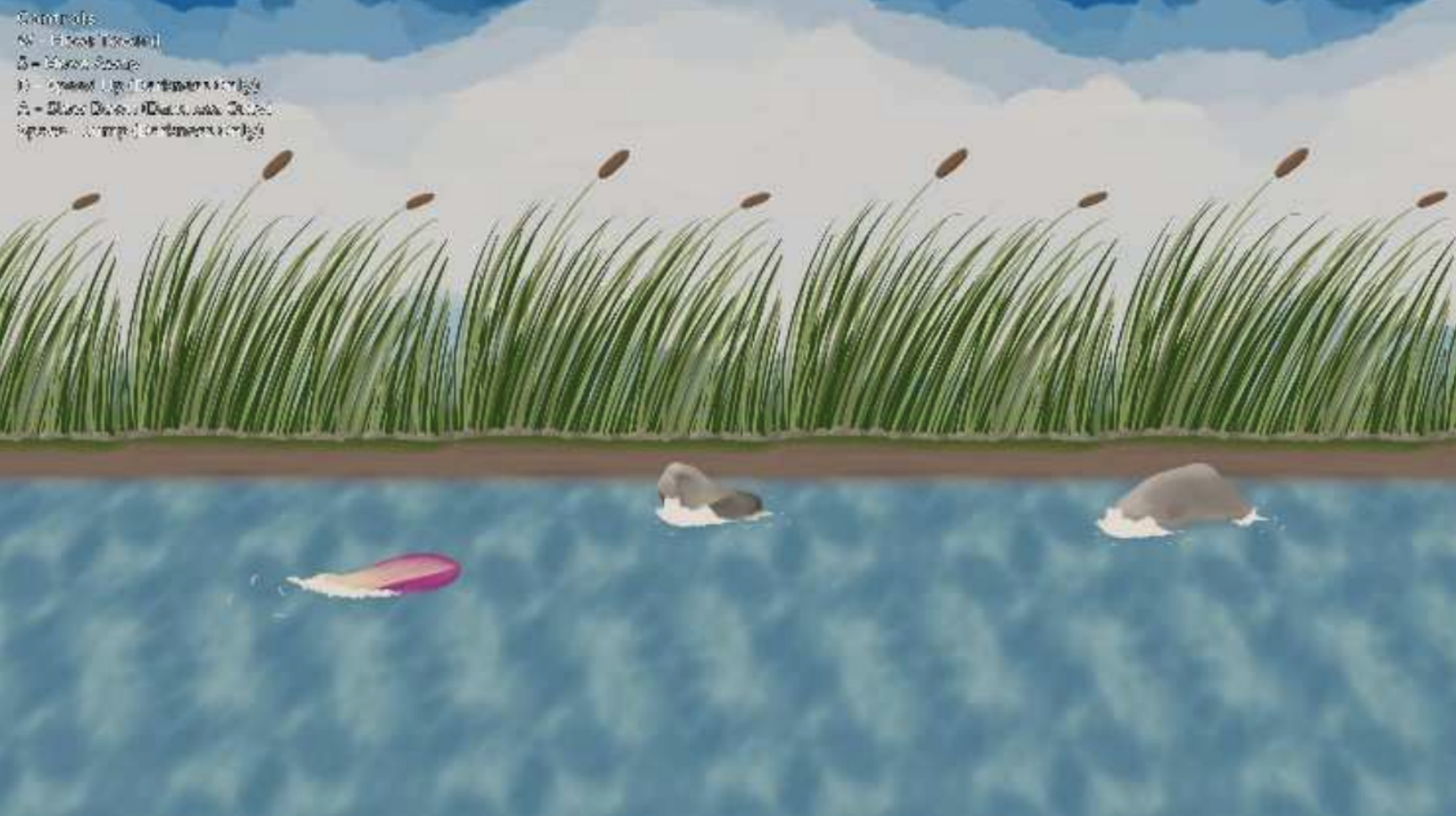 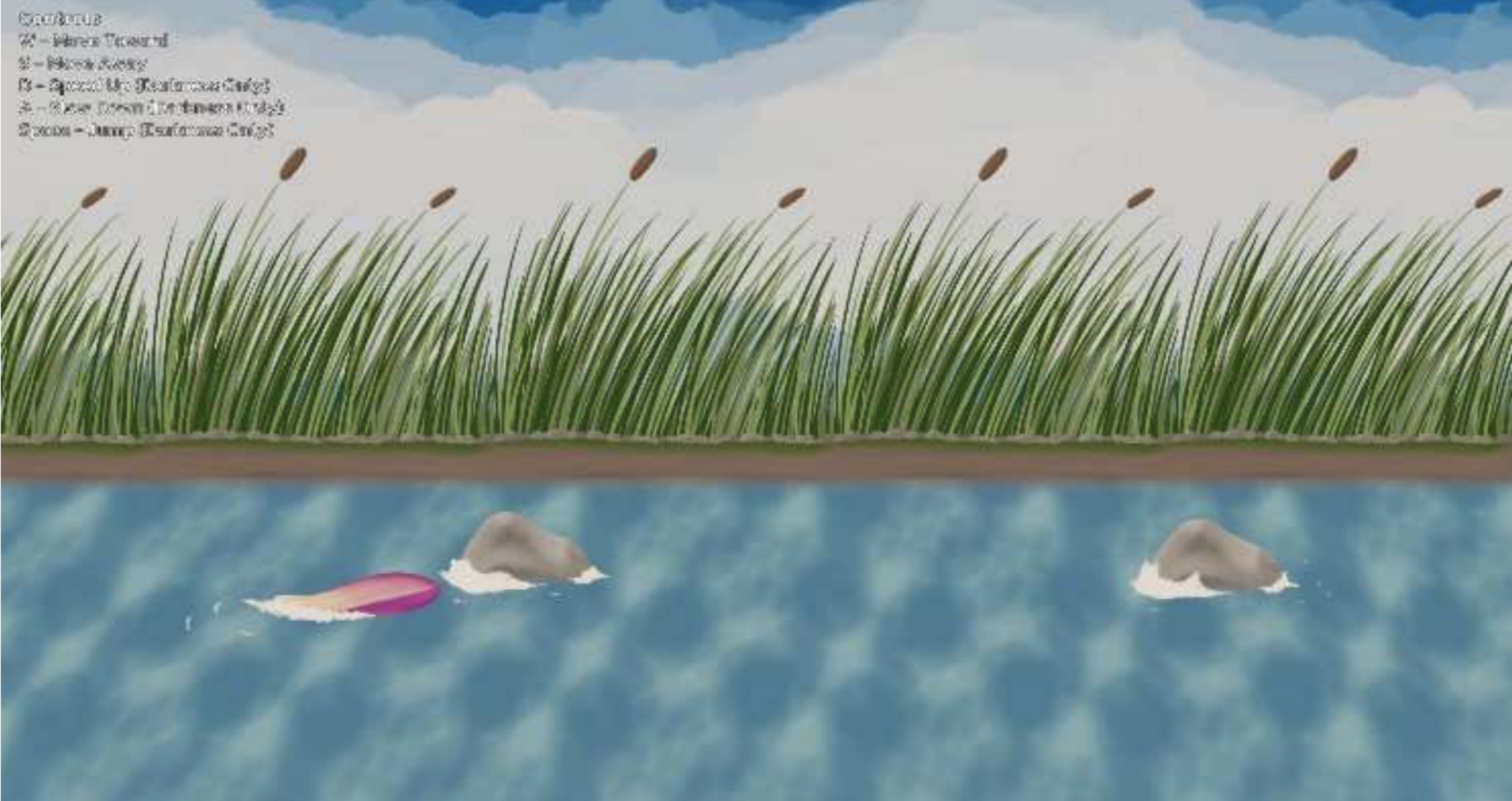
|
Catch The Butterfly: Using Gaminiscing to Design a Serious Game about
Immigrants
Ala Ebrahimi, Brandon Lyman, James Earl Cox, Szeyi Chan, Bob De Schutter IEEE Conference on Games, 2023 pdf / bib Catch The Butterfly is a narrative game exploring the real, lived experiences of an immigrant. This game aims to provide insights to game designers interested in the gaminiscing method, and to promote empathy and understanding of immigrants. |
 
|
Catch The Butterfly: A Gaminiscing Game about Immigration
Ala Ebrahimi, Brandon Lyman, James Earl Cox, Szeyi Chan, Bob De Schutter IEEE Conference on Games, 2023 demo paper / bib Explored the utilization of the gaminiscing method in the design of a narrative-driven game, where every game mechanic is derived from the authentic stories of an immigrant. |
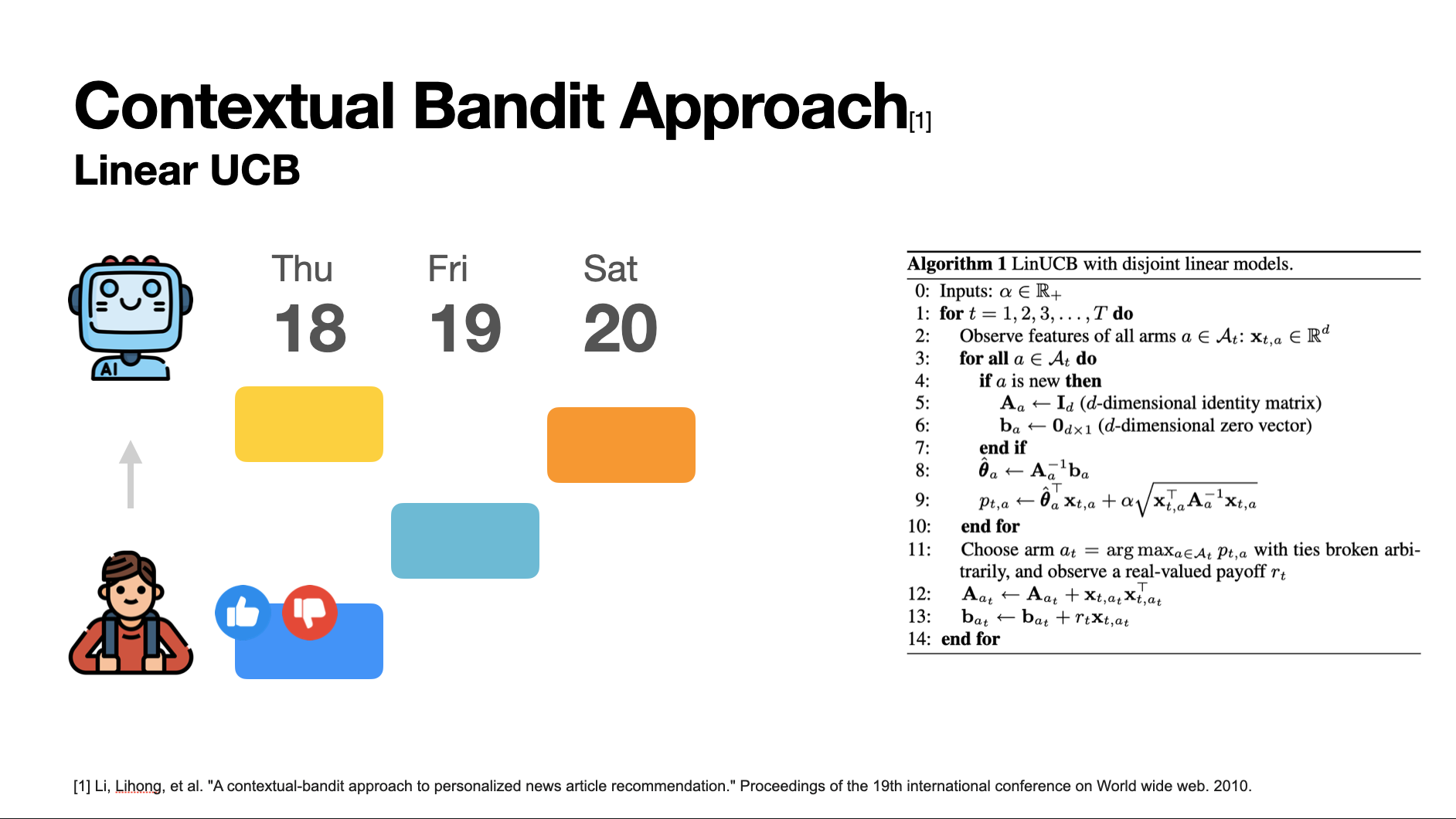 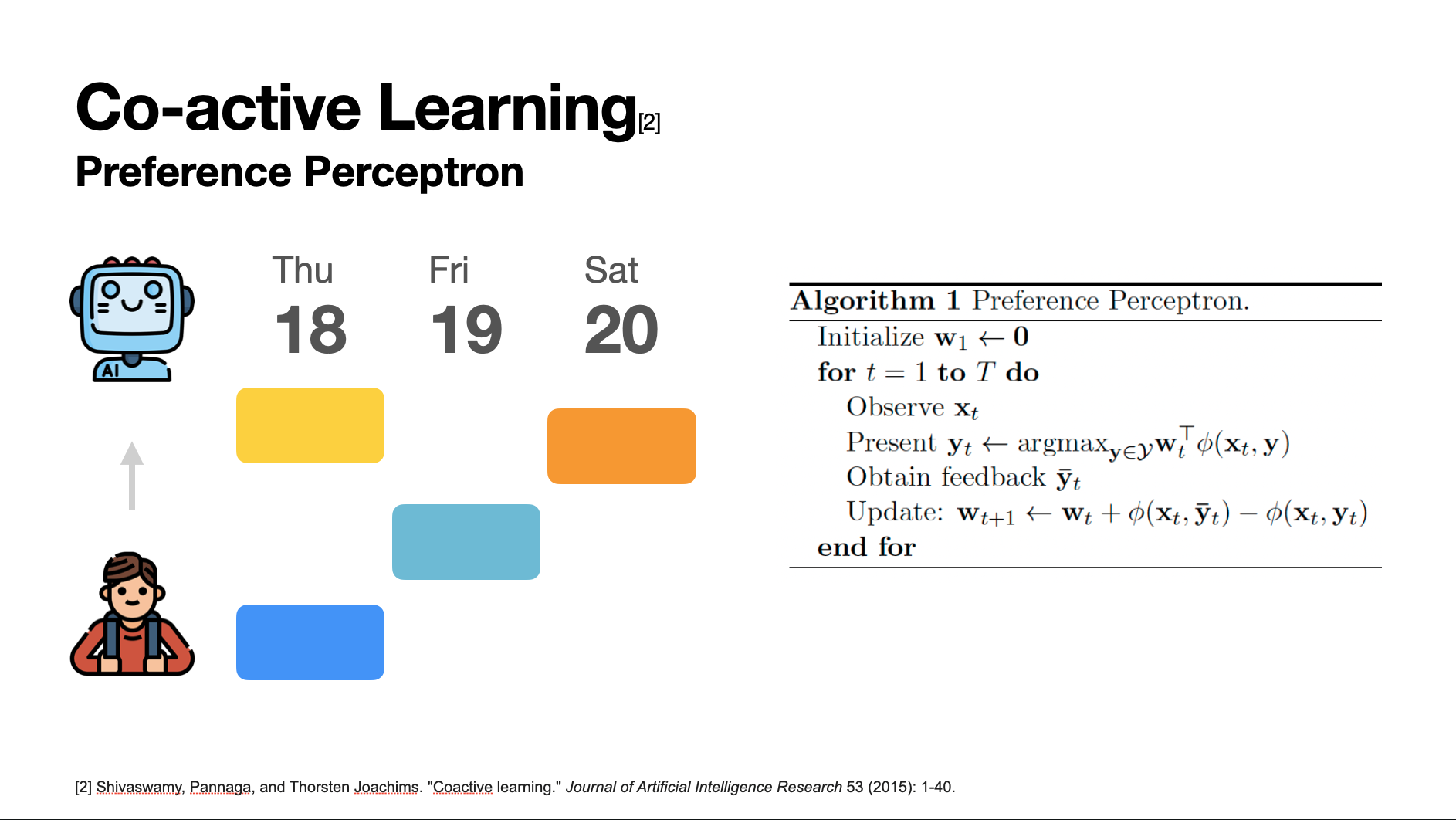
|
AI-Assisted Personalized Calendars: Enhancing Semester Planning for
Students
final report / github Introduced a personalized calendar organization tool that enhances student scheduling by learning from human preferences, implemented using and comparing two reinforcement learning algorithms: Linear Upper Confidence Bound and Preference Perceptron. |
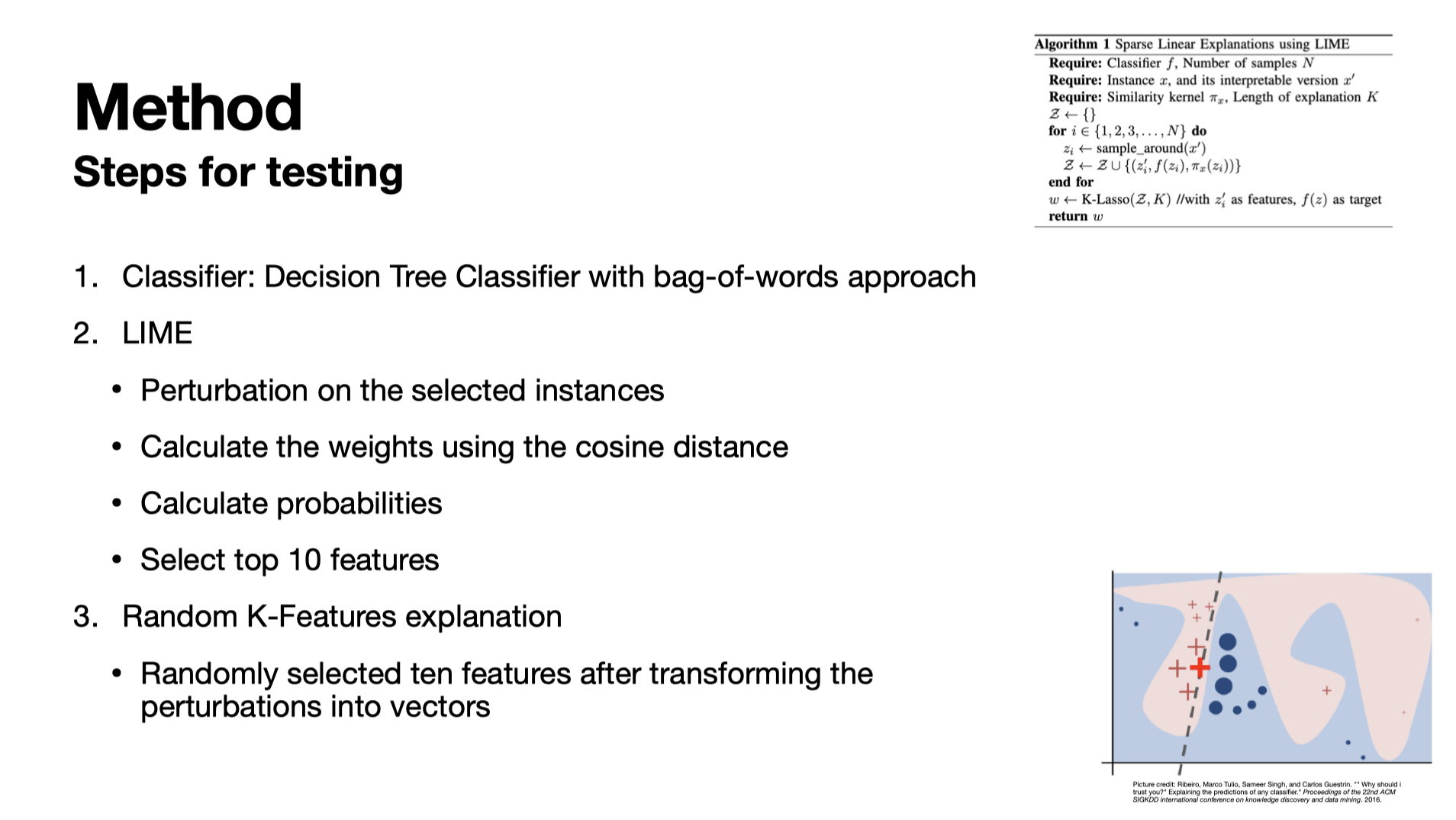 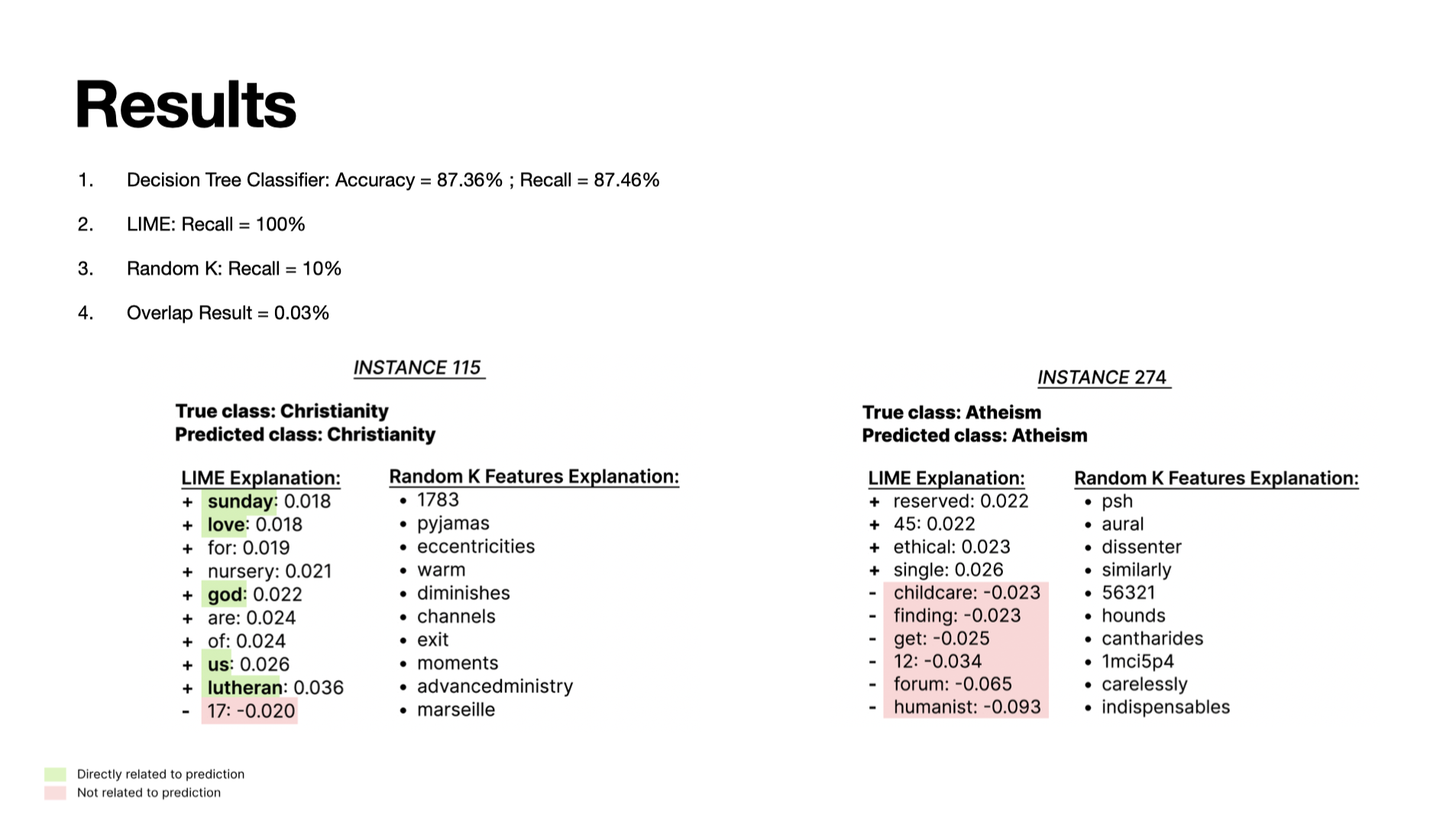
|
Enhancing Model Interpretability with Local Interpretable Model-Agnostic
Explanations (LIME) for Religion Dataset Analysis
final report / github Explore the need for explainable AI (XAI) techniques to enhance the interpretability of black-box models. This project aims to reimplement the Local Interpretable Model-agnostic Explanations (LIME) method on a religion dataset to investigate its effectiveness compared to a baseline random K-features explanation similar to the original study. |
After working for four years in a different field, I made the decision to pursue a master’s degree in computer science and diving into research. I understand that this journey comes with many questions—whether it’s about transitioning to a new field, finding internships, or starting research.
To help others who are exploring similar paths, I am offering Pro Bono Office Hours. If you have questions about switching your major to computer science, building your resume for internships, or getting started with research, I’d be happy to share my experiences and insights.
If you’re interested, please fill out the form here. I look forward to connecting with you and supporting your journey!
|
Last updated: Aug 2025; Webpage design courtesy of Jon Barron |